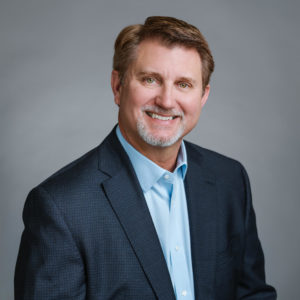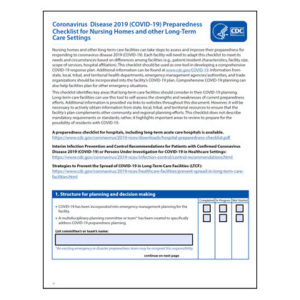Facility eye care
Several years ago, I saw the visiting eye doctor at this nursing home for examinations and prescriptions. I never liked the styles of frames available. So since I was private pay, I went elsewhere to have my eyeglasses made.
Over time, my vision became worse because of cataracts and I needed thicker lenses. A few years later I had one cataract removed and my vision greatly improved, but getting functional eyeglasses was still difficult because my other eye was clouded by another cataract.
Eventually, the nursing home got a new visiting optometrist who used computerized equipment to assess our vision and to check for glaucoma. He was professional, pleasant, and great with the older residents as well as us younger ones. He made me the best prescription eyeglasses by far. But I still struggled to see the computer. He told me not much could be done about it until the other cataract was eliminated.
I was no longer private pay when I finally had the cataract removed. But I learned that Medicare would pay for eyeglasses following cataract surgery. After much searching, the optometrist finally found the stylish, comfortable, and functional frames I needed. I should note that it is difficult to fit me for frames. They have to stay up on my nose, since I am unable to push them up myself. I also desired monovision lenses, where I am able to see up close with the left eye and far away with the right. Monovision eyeglasses make it much easier for me to see the computer screen.
When my prescription changed a couple of years later, I wondered what type of frames and lenses Medicaid would provide. I also was surprised to find that we had a different optometrist. When he examined me, he had no computerized equipment nor did he check me for glaucoma. I did not need to be tested since my ophthalmologist does it as part of my post lens implant care. But I wondered about the other residents.
The new optometrist examined my eyes but I told him I had to see what frames were available before I would agree to have him make lenses. The frames he had were either too large or they obstructed my view of the computer. So I did not have him make eyeglasses for me.
At my next ophthalmologist’s appointment, I asked for an eyeglass prescription for monovision lenses. I told the social services director that I needed new eyeglasses and was not pleased with the visiting optometrist’s services. I asked for a Medicaid provider or another economical eyeglass community resource. She recommended the Lions Clubs, an international service organization with a focus on improving sight and blindness for millions of people. I contacted them online (www.lionsclubs.org), got their paperwork, and was eventually fitted with eyeglasses by an optometrist within a few miles of the facility. They only had a small selection of frames, but I did find a pair that was functional and attractive.
A resident friend who is my age feels the same way I do about eye care here. She wanted a more comprehensive eye examination and a glaucoma test. She made her needs known to our social worker and she now sees an optometrist in the community who accepts Medicaid.
My friend and I wonder why the eye examinations here have changed. I am sure it has something to do with what Medicare and Medicaid pay for these services. The present optometrist may be able to adequately treat the older residents. But it is clear that younger ones may want different services.
BLOG
Keep up with me every Monday at
www.iadvanceseniorcare.com/MearsBlog
Kathleen Mears has been a nursing home resident in Southeastern Ohio for the past 14 years Long-Term Living 2010 September;59(9):64
I Advance Senior Care is the industry-leading source for practical, in-depth, business-building, and resident care information for owners, executives, administrators, and directors of nursing at assisted living communities, skilled nursing facilities, post-acute facilities, and continuing care retirement communities. The I Advance Senior Care editorial team and industry experts provide market analysis, strategic direction, policy commentary, clinical best-practices, business management, and technology breakthroughs.
I Advance Senior Care is part of the Institute for the Advancement of Senior Care and published by Plain-English Health Care.
Related Articles
Topics: Articles , Clinical











